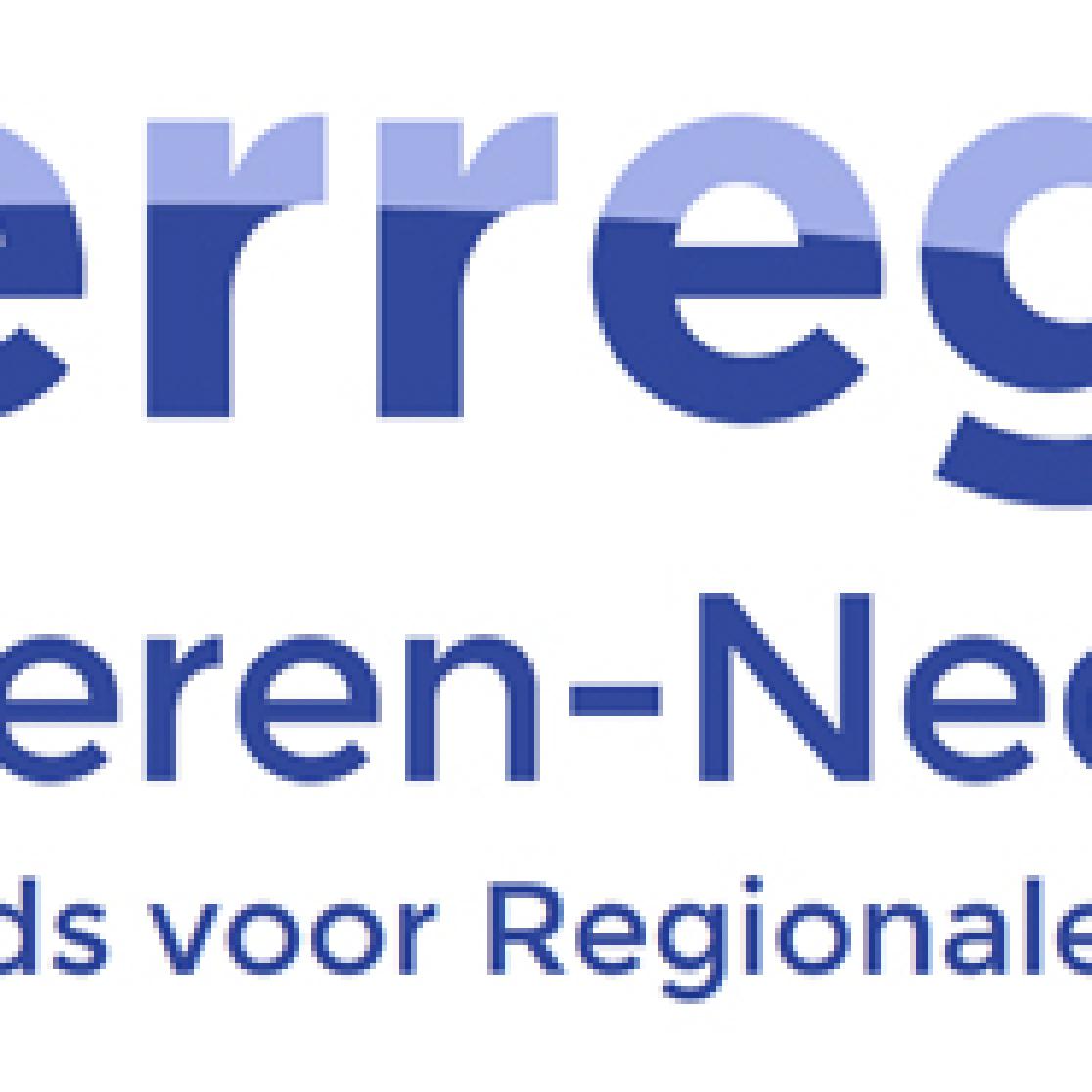European project ENLEB approved
The transnational Interreg VA program of Flanders-Netherlands has approved the ENLEB project. In ENLEB, Flemish and Dutch partners work together on the development of an integrated concept for making residential private homes more sustainable on the basis of co-creation, with the focus on self-sufficiency, so that homes remain energy-neutral even if the residents’ energy profile changes.
- The project started on 1 June 2017 and runs until 31 May 2020
- ENLEB has a total budget of 1.5 million Euros and receives half of it as European support
- The partnership includes 9 organisations from the Netherlands and Flanders
- From the Netherlands: Maastricht University, Hellas Rectifiers, the TIORC cooperative, the Avans Foundation and Eindhoven University of Technology
- From Belgium (Flanders): Kamp C, Zonnige Kempen, Thomas More and UCLL
Together, the partners will realise various demo houses with innovative techniques that a private citizen could also apply in his own home. Through co-creation we work with companies and citizens to create awareness and ownership and to come up with technical solutions based on the innovative strength of the companies. Furthermore, an ENLEB menu is being developed that citizens can use to make their homes more sustainable. The menu highlights both technical and financial aspects and wants to unburden the resident.

Relevant links
Also read
-
A theoretical analysis of consent and coercion in contract law
PhD thesis by Florian Gamper

-
MCICM launches website Playing the Digital
MCICM recently launched a new website: Playing the Digital:
Explorations in Music, Machines, and Meaning.
-
Supporting PBL development at Anton de Kom University, Paramaribo, Suriname
Anton de Kom University in Suriname invited EDLAB to support its move towards Problem-Based Learning (PBL) within the Faculty of Social Sciences. To meet this request, Annechien Deelman from EDLAB delivered a week-long programme in early October 2025.
